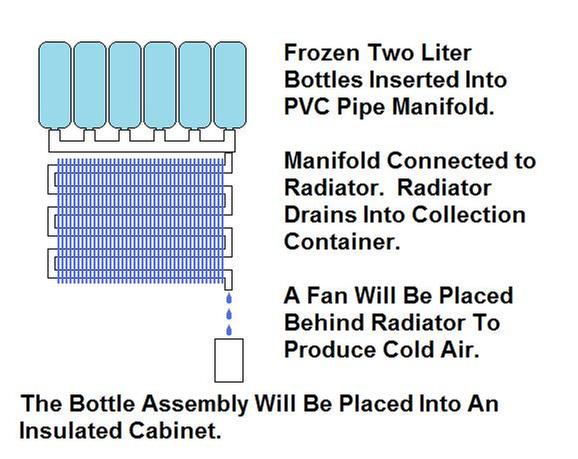Kyle Neath wrote:One thing I often see permies mistake is not putting a dollar value on their time. I pay a lot of people to do things I can definitely do.
I feel this is fairly short sighted. For me, I try to do as much for myself as I can because no one else is going to have the passion that I will. A carpenter will not tuck that flashing up underneath the drip edge like I will, thinking like a drop of wind driven rain because its MY building. For them, it is just a job, and I understand that; on my house today, onto a different house tomorrow. I understand that, but for me everything matters and my work shows it.
But mostly I disagree because that line of thinking keeps a person indebted to a system of working off-farm. By building my own houses, I was able to build up enough net-worth, and enough income in property, so that I do not have to work for another person...at age 42. We had this same sort of discussion on a different thread a month or two ago.
In the example I used then, I was able to take a house that was worth $40,000, invest 5 weeks of work into it, and $1800 in material (that was not a number mistake, eighteen hundred dollars) because I used my sawmill to make 90% of the building materials required. In 5 weeks time, the house went from $40,000 to $60,000: $20,000 in 5 weeks. That is $100 an hour directly towards my net worth. No commuting costs, no time away from my family, $100 an hour.
But because my net worth went up, if I ever need too, I can leverage more credit from that...or not...my call, again I am not at the mercy of creditors since I do not have any. But I have that option. And since I am retired, I can do additional things to increase my net worth, and my residual income so that it just continues to build. I can spend $650 a month to feed my family of (6) per month, or I can spend more time raising my own food. Or I can spend time gathering firewood, or I can buy more propane. The choices just continue when a person is gifted with time.
Paul's story of Gert really showed that well.





 3
3





 1
1




 1
1


























